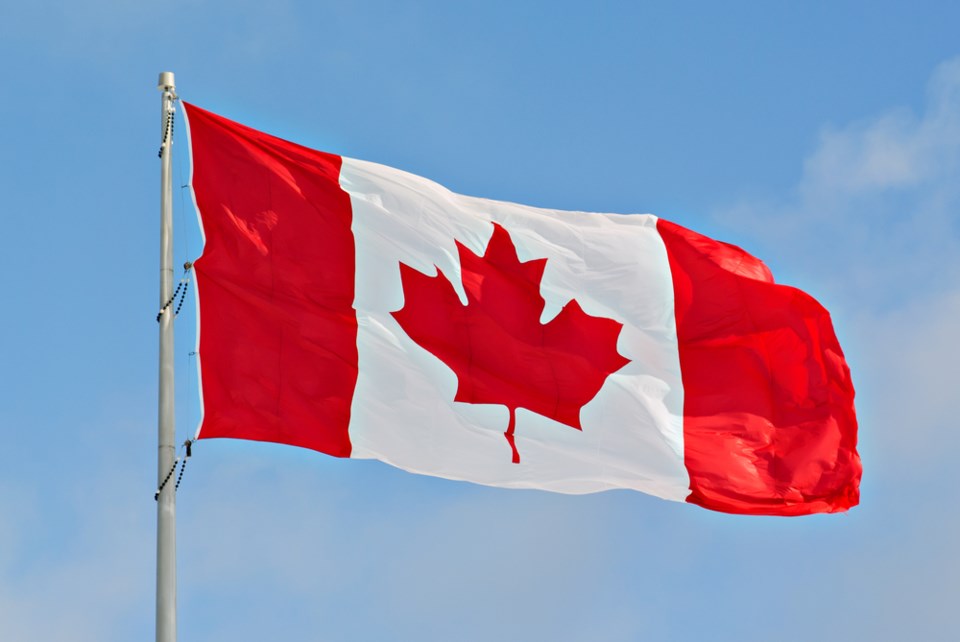The federal government released draft regulations for the new Clean Fuels Standards just before Christmas with a Feb. 19 deadline for comment.
The new standards are designed to reach Canada’s goal under the Paris Climate Change agreement to achieve net zero greenhouse gas emissions by 2050.
These standards will encourage primary producers and importers of liquid fuels to reduce carbon content of fuel by various means from carbon capture and storage to use of low intensity fuels like ethanol to new fuels such as switching from gasoline to electricity.
These standards are separate from the carbon tax, which is designed to change buyer behaviour away from carbon fuels.
Producers will receive credits for emissions reducing practices. The credits can be sold or traded to offset use of carbon-based fuels.
By 2030 credits will be worth $17 million in Saskatchewan, the same as in the Northwest Territories.
Alberta credits are estimated worth $171 million with Manitoba at $361 million.
Ontario credits will be worth $3.7 billion with $1.27 billion in Quebec.
The lower level of credits in Alberta and Saskatchewan reflects the production of petroleum fuels..
The 324-page draft estimates losses in production from the clean fuel regulations at .2 per cent for agriculture, forestry and lumber, 1.2 per cent for land freight transportation and 1.6 per cent for in situ oil sands.
Analysts estimate the regulations will add seven cents a litre to the price of gasoline.
The regulations can be read online.
Ron Walter can be reached at [email protected]



-crop2.png;w=120;h=80;mode=crop)
